Employment Record Retention Laws By State
Every state has its own rules on top of the federal government rules. Many people dont know that each state has what is called a State Archivist.
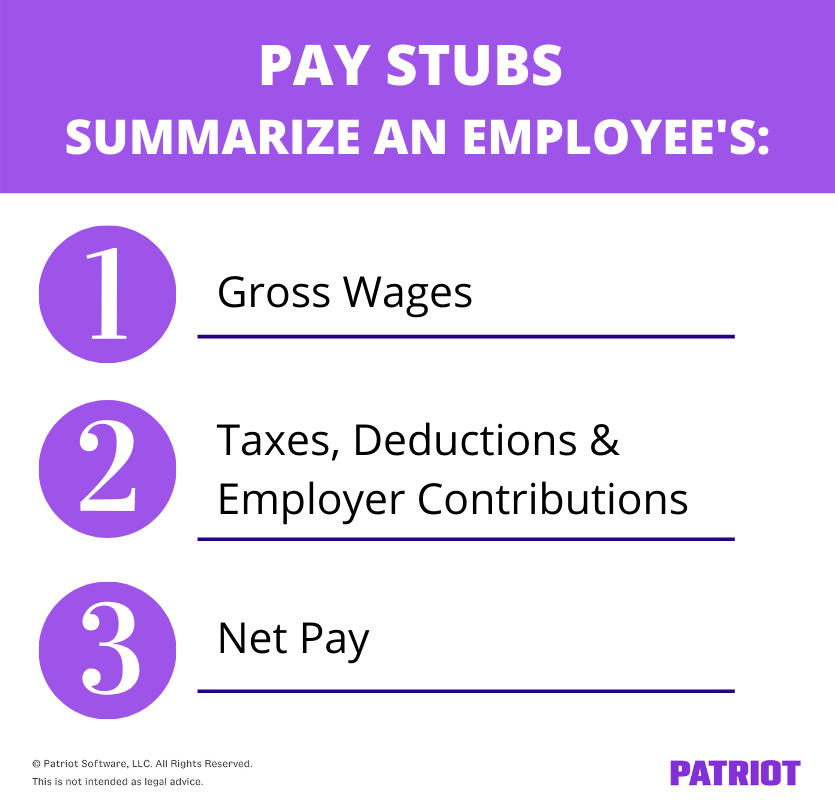
Pay Stub Requirements By State Overview Chart Infographic
Most laws require periods of email retention between three to seven years on average with some requiring indefinite retention as seen in the Industry section below.

Employment record retention laws by state. If the employer is involved in an employment-related dispute with a terminated employee and this dispute has not yet been reconciled retain all documents relating to that employee. An exception would be to maintain employee exposure records for at least 30 years under the requirements of 29 CFR 19101020. Over-retaining records can increase storage costs increase retrieval times for requests and increased liability in the event of any legal discovery.
Below weve compiled record retention schedules by state for municipalities special districts and state agencies boards and commissions as well as general employer recordkeeping laws to help your business become compliant. Employment Act retention requirements 20 or more employees recommended that Fair Labor Standards Act 1 or more employee records. Employers should check the states employment handbook for specific requirements.
Such records must be open for inspection by state unemploy-ment officials at any reasonable time. Federal Record Retention Requirements 1 Year Under Title VII of the Civil Rights Act of 1964 and the Americans with Disabilities Act covered employers must retain personnel or employment records for a period of one year from the date the record was made or from when the personnel action was taken eg. Alabama Record Retention Schedules.
There are no specific retention requirements under Lilly Ledbetter however it is recommended that employers retain records. As an extra safeguard have your CPA and your attorney review your records retention timetable before putting it into practice. How long you store business records should be determined by a retention schedule that balances each records usefulness with the legal requirements.
Often the same records have different retention periods under different laws. EEOC Regulations require that employers keep all personnel or employment records for one year. This schedule will depend on the type of business and the lifecycle of specific documents.
Record Retention Guidelines by State. Terminated employees employment records for one year from the date of the termination. Check with your state and regional authorities for details.
After their retention period is complete you should ensure. Each employer shall preserve for at least three years payroll records collective bargaining agreements sales and purchase records. Record Retention Schedules by State alphabetical order.
Records under Title VII 1 year Payroll and Tax Records Documents that include basic employee data like name address SSN wage rate number of hours worked daily or weekly deductions allowances claimed and net wages 4 years some states require 6 years Note. Keeping all personnel records for 75 years after employee termination is an option that satisfies all minimum retention periods with minimal effort but the decision must be weighed carefully against your agencys appetite for risk. Keep records for the longest period of time required by any applicable law or circumstance as specified in the following chart.
The State Archivist has many responsibilities but one of them is to document the states record retention. 3 years There are no under Lilly Ledbetter however it is employers retain records for length of employment plus an additional 5 years Basic employee data. Additionally carefully consider which types of employee records.
Minimum Retention Period By State in Years Alabama 5 Montana5 Alaska 5 Nebraska 4 Arizona4 Nevada 4. They also require that the records be retained for 5 years following the end of the calendar year that they cover. There are numerous laws and regulations regarding document retention including tax audit procedures by the Internal Revenue Service IRS employment laws such as the Fair Labor Standards Act FSLA the Health Insurance Portability and Accountability Act HIPAA the Employee Retirement and Income Security Act ERISA and mandates by the Occupational Safety and Health Administration OSHA.
In addition to these federal laws there may be numerous state and local document retention. If an employee is involuntarily terminated hisher personnel records must be retained for one year from the date of termination. State retention statutes vary widely on tax unemployment and workers compensation records as well as on environmental and other requirements.
Under ADEA recordkeeping requirements employers must also keep all payroll records for three years. Name address Social Security number. Periodically audit the policy and practice to ensure that internal requirements are current and are being.
It can be difficult to keep track of all the regulations when it comes to record retention. However after verifying that youve satisfied all federal retention requirements always consult with legal counsel about specific laws within your state and local governments as it applies to your industry and position before deleting. The medical records of employees who have worked for less than 1 year for the employer do not need to be retained beyond the term of employment if they are provided to the employee upon the.
2 years after hiring decision. Record retention rules and procedures must be consistently applied to ensure compliance. Records Retention Requirements Numerous federal and state laws have specific records retention periods for specific records made in or collected in connection with employment.
Records on which wage computations are based should be retained for two years ie time cards and piece work tickets wage rate tables work and time schedules and records of additions to or deductions from wages. Employee Medical Records Cont OSHA MIOSHA 300 300-A 301 Both laws require that certain records be created. How Long Should Records Be Retained.
OHSA accepts MIOSHA forms to meet their requirements. 2 years after creation of the document or the hireno-hire decision for qualified federal contractors If however the contractor has fewer than 150 employees or does not have a government contract of at least 150000 the minimum record retention. Below is a document retention schedule that outlines how long you should hold on to important documents.

Payroll Processing Payroll Payday State Tax

Webinar On Employee Handbook Updates For 2020 Employee Handbook Webinar Employee

Resources For Records Management Nc Dncr

90 01 University Records Retention And Disposition Pr F Site Washington State University

Employment Record Retention Guidance Lancaster Cpa Firm

What Is Ban The Box Infographic Employment Background Check Infographic Background Check

By Law How Long Are You Required To Keep Employment Records
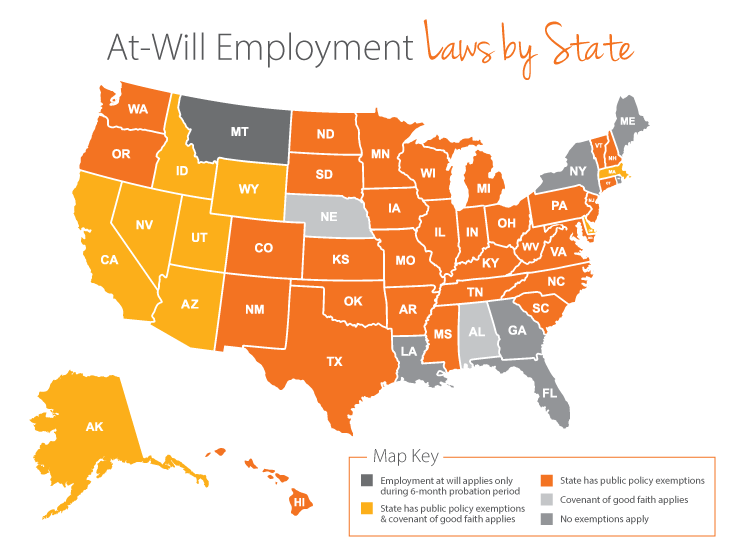
Employment At Will Laws By State

Fact Or Fiction Common Misconceptions About Public Records Archiving Infographic Public Record Messages Law Communic Public Records Misconceptions Facts

Pre Employment Screening Managing Employment Risk Employment Background Check Thoughts
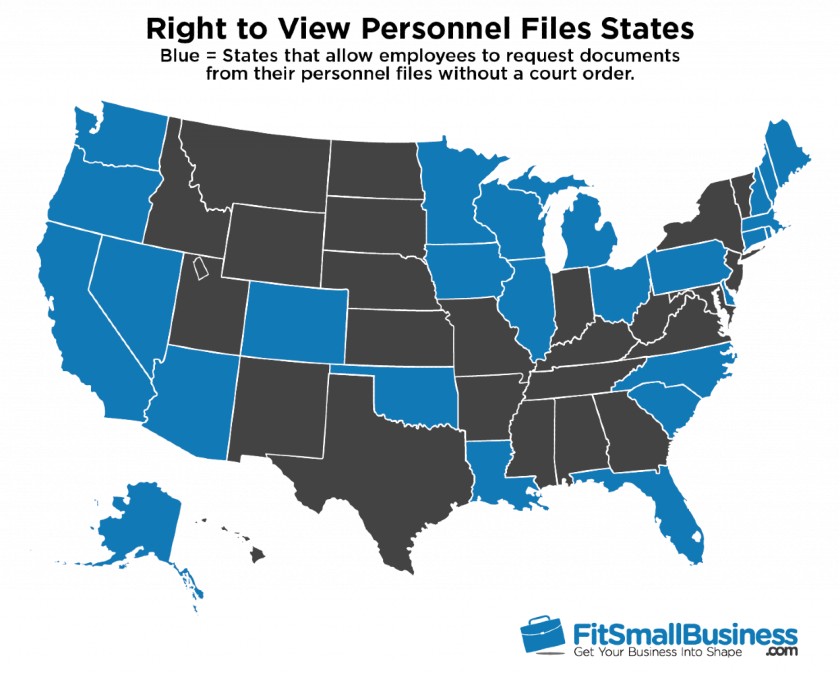
What To Include In A Personnel File Free Checklist

How Long Should Hr Retain Employee Records Bernieportal
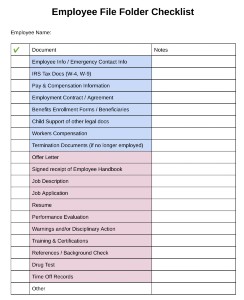
What To Include In A Personnel File Free Checklist

How To Create A New Hire Checklist Employee Handbook Template Employee Onboarding Employee Handbook
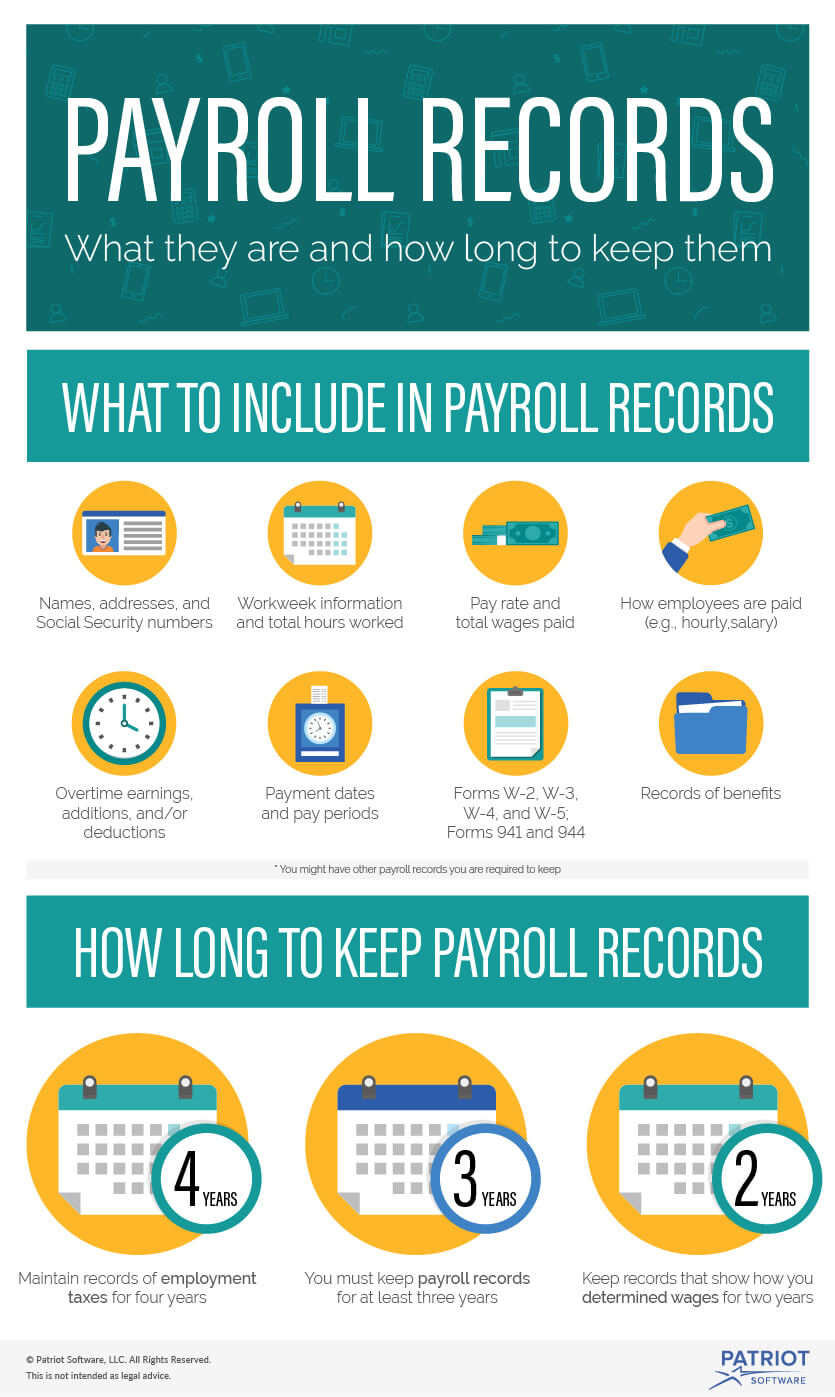
How Long To Keep Payroll Records Retention Requirements

Employee Files What To Keep And For How Long Employee Job Application Age Discrimination
Https Www Macpas Com Wp Content Uploads 2019 02 Federal Record Retention Requirements Pdf

Equal Employment Poster 1989 By The Late 1980s When This Poster Was Published The E Equal Employment Opportunity Commission Science Lessons National Archives

Pin By Eric Butler On Some Work I Have Done Staffing Agency Staffing Agency Business Business 101
Post a Comment for "Employment Record Retention Laws By State"